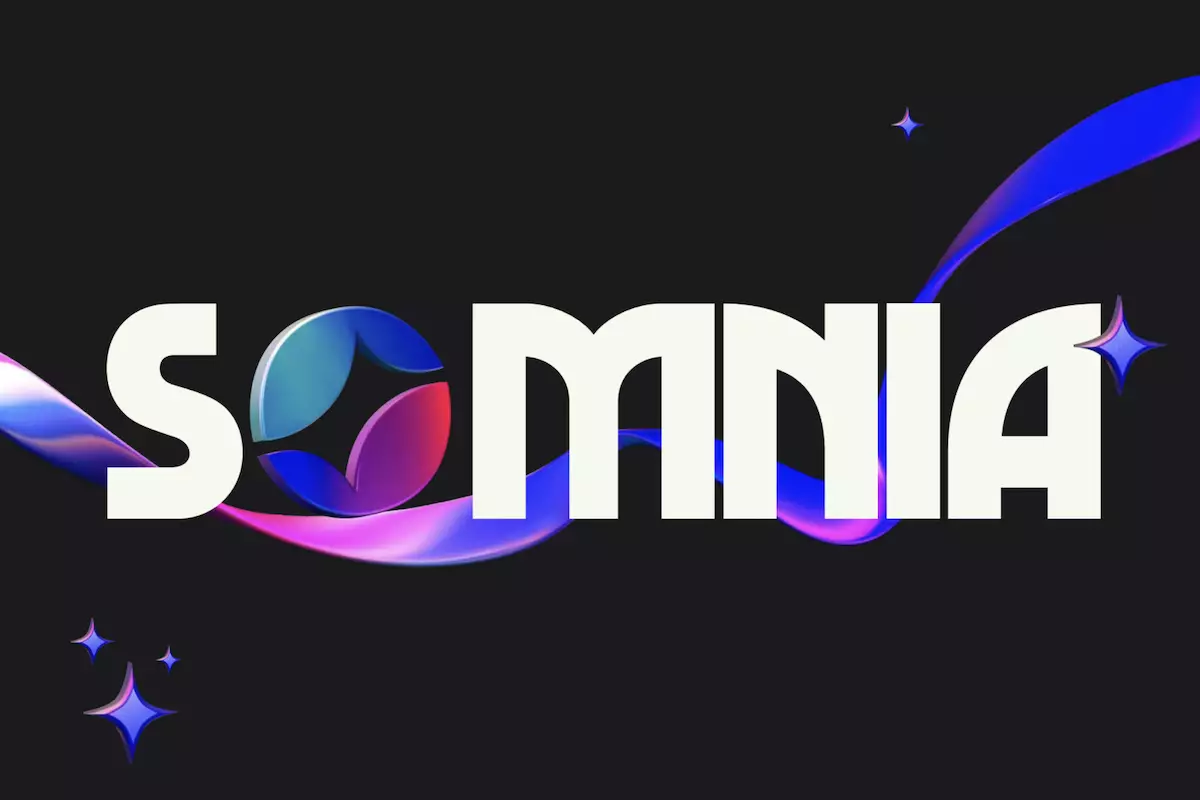In an exciting development for the Web3 community, Somnia has launched its Developer Network, aptly named Devnet. This initiative offers developers and users—a demographic that is increasingly embracing decentralization—access to a high-performance blockchain infrastructure. Unlike existing solutions, Somnia positions itself as the “dream computer” for a completely on-chain universe. This ambitious aim aligns closely with the growing demands for robust platforms that can support a diverse array of applications, from gaming and decentralized finance (DeFi) to more interactive realms like SocialFi and metaverse projects.
Performance Metrics That Speak Volumes
What sets Somnia apart is its staggering performance metrics. The Devnet has undergone rigorous internal testing and has showcased an astonishing capacity of processing 400,000 transactions per second (TPS) with transaction finality in under one second. These statistics not only challenge the current benchmarks set by established blockchain technologies, but they also affirm Somnia’s commitment to scalability and speed. Furthermore, the transaction costs remain remarkably low—below one cent—even during periods of high traffic. This affordable fee structure is critical in a landscape where cost efficiency can dictate the viability of various applications, particularly in gaming and DeFi sectors.
The technological advancements that contribute to such impressive performance lie in Somnia’s innovative approach to execution, database management, networking, and consensus. Notably, the platform’s database effectively minimizes latency, demonstrating read-and-write times between 15 to 100 nanoseconds. In a world where every millisecond counts, such enhancements could dramatically improve user experiences across various decentralized applications.
Another significant feature of Somnia’s Devnet is its full Ethereum Virtual Machine (EVM) compatibility. This compatibility allows developers to leverage tools and languages they are already familiar with, smoothing the learning curve for those transitioning from conventional development environments to the decentralized world. With the capability to react instantaneously to on-chain events directly within Solidity, Somnia elevates the potential for creating fully decentralized applications, ranging from interactive gaming platforms to real-time social finance hubs.
Such features pave the way for innovative applications that could redefine the user experience, giving developers the tools they need to build engaging and efficient solutions. This aligns perfectly with the growing demand for interactive features in blockchain applications.
To foster a vibrant ecosystem, Somnia is actively encouraging developers to apply for whitelisting for its beta cohort. This deliberate move aims to gather a select group of developers who can contribute valuable insights and feedback during the testing phase. In tandem with this invitation, Somnia has also announced a generous $10 million grant program to provide financial support, technical assistance, and strategic guidance to developers. This investment not only emphasizes Somnia’s commitment to nurturing talent but also sets the stage for meaningful collaborations in the blockchain space.
Somnia’s early partnerships further underscore its resolve. Collaborating with infrastructure partners like Ankr for reliable RPC services and Hemera’s Social Scan for blockchain transaction monitoring enriches the overall platform, enhancing connectivity and usability. In addition, thirdweb’s provision of EVM-compatible development tools promises to streamline and simplify the creation of decentralized applications.
In a bid to validate its claims and gather real-world feedback, Somnia’s Devnet will be open for public testing during designated hours. This initiative allows users to engage with multiple decentralized applications, including decentralized exchanges (DEXs), non-fungible tokens (NFTs), and even games. Participants can acquire Somnia Test Tokens (STT) via a faucet, letting them explore the platform’s capabilities firsthand. This open-access strategy signals Somnia’s commitment to transparency and collaboration, key tenets for any emerging blockchain system.
As Somnia launches its Devnet, it aspires to enrich the blockchain landscape with more data and functionality. By prioritizing developer empowerment, effective resource management, and user engagement, Somnia is poised to influence the trajectory of decentralized applications significantly. For developers and enthusiasts keen to dive deeper, detailed information regarding access to Devnet, whitelisting, and the grant program can be found on their website.
Going forward, we may very well witness a paradigm shift in how blockchain applications are conceptualized and executed, thanks to platforms like Somnia that push the envelope in performance and accessibility.



Leave a Reply